

The CLE presentation will focus on selected topics and updates in myriad areas of law as provided in the schedule below. The presenters are regular faculty, adjunct professors and associates at Washburn Law who will be sharing their particular expertise with the participants. Each session will entail a presentation on the specific topic areas, many including a review of updated cases and issues, and also allow for some question-and-answer time between the presenter and the participants. Each of our presenters for this event regularly works in their respective areas to stay abreast of current cases and issues in their area of law and will share that insight and knowledge with the participants in this CLE. We are focused on bringing you an interesting variety of topics in this annual CLE offering.
Pending approval for 12.0 hours CLE credit, with 4.0 hours ethics
Pending
This CLE will be streamed via Zoom. There is no charge to use Zoom. The link to the program will be sent to online attendees via email.
Online attendance at this program falls under the Kansas Continuing Legal Education Commission's (KSCLE) "Live programming" definition; 12 CLE credit hours may be earned through online attendance each compliance period. See Rules and Guidelines and the FAQ at the Kansas Continuing Legal Education website for more information.
Nontraditional programming limitations may vary in other jurisdictions; it is the responsibility of the attendee seeking credit to verify any limitations.
» $299 - Both full days
» $179 - Thursday only
» $179 - Friday only
Fee includes reporting hours of attendance to the Kansas CLE Commission and materials in electronic format (per current normal practice for most CLE providers).
Registration Deadline: Please pre-register at least 48 hours in advance. In-person seating is limited.
If you cannot attend the seminar, you may send a substitute. If you cancel your registration at least two (2) business days prior to the seminar, your registration fee will be refunded. After that date, non-attending registrants will receive the course materials. The sponsors reserve the right to cancel this seminar and return all fees.
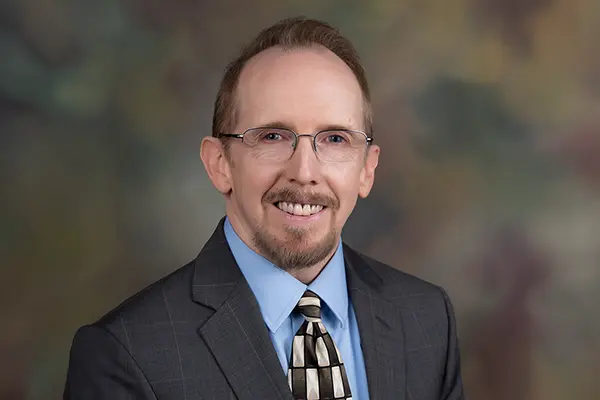
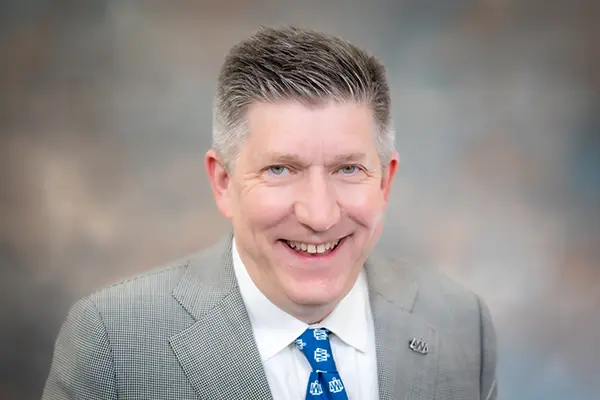
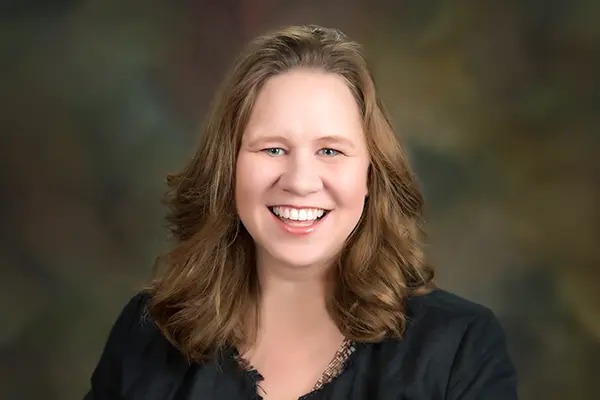
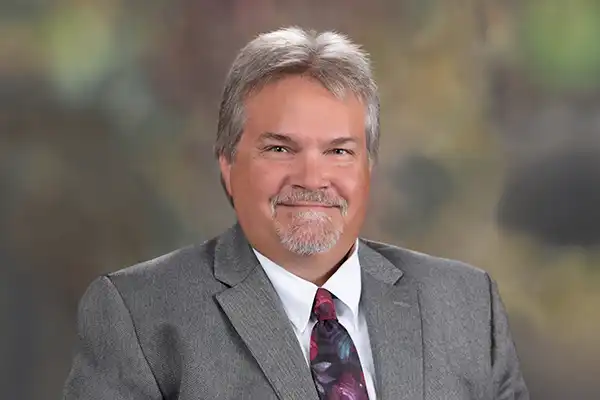
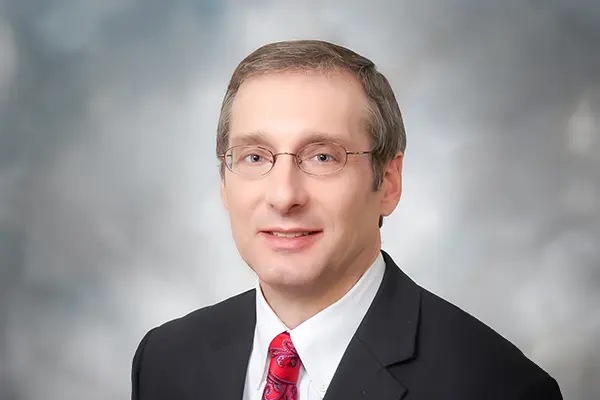
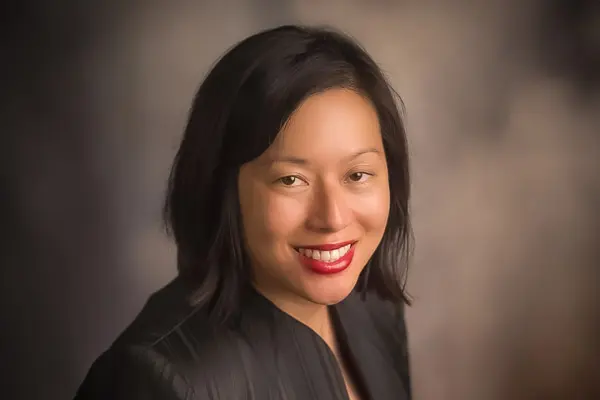
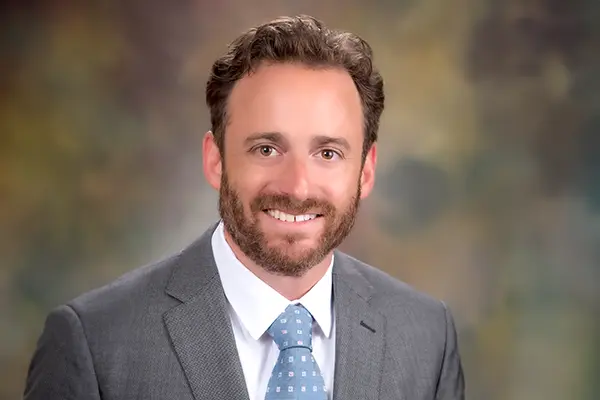
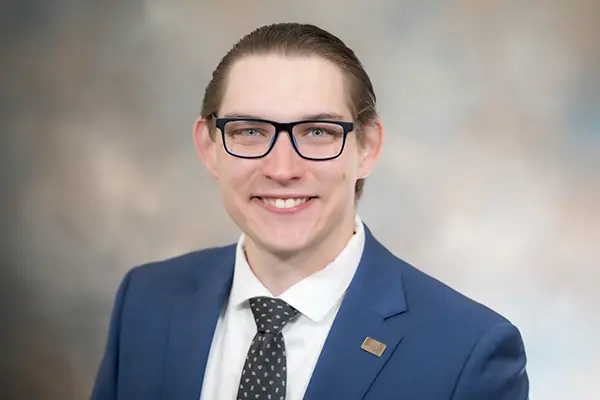
7:30 a.m. — Registration; Coffee and donuts will be provided.
8:00 a.m. — What to do in Criminal Cases When Material or Exculpatory Evidence is Lost or Destroyed
8:50 a.m. — Break
9:00 a.m. — Federal and State Judicial Ethics: A Comparative Analysis (1.0-hour Ethics)
9:50 a.m. — Break
10:00 a.m. — New Frontiers in Copyright Infringement and Fair Use: Artificial Intelligence Training Materials
10:50 a.m. — Break
11:00 a.m. — Choose Your Own Ethics Adventure – The Case of the Golfcart Collision Mishap (1.0-hour Ethics)
11:50 a.m. — Lunch Break [1]
1:00 p.m. — Recent Developments in United States Supreme Court Cases (Part 1)
1:50 p.m. — Break
2:00 p.m. — Recent Developments in United State Supreme Court Cases (Part 2)
2:50 p.m. — Break
3:00 p.m. — Federal and State Developments in Agricultural Law and Taxation
3:50 p.m. — Adjourn
[1] Glory Days Pizza will be available at the Law School. Additionally, the newly opened Ichabod Grille is across the street.
7:30 a.m. — Registration; Coffee and donuts will be provided.
8:00 a.m. — Anatomy of a Complaint (1.0-hour ethics)
8:50 a.m. — Break
9:00 a.m. — How to do Legislative Research from Your Desk.
9:50 a.m. — Break
10:00 a.m. — Ethics and Free Speech for Lawyers (1.0-hour ethics)
10:50 a.m. — Break
11:00 a.m. — AI Federalism
11:50 a.m. — Break
12:00 p.m. — Tax Policy and Farm Policy
12:50 p.m. — Adjourn